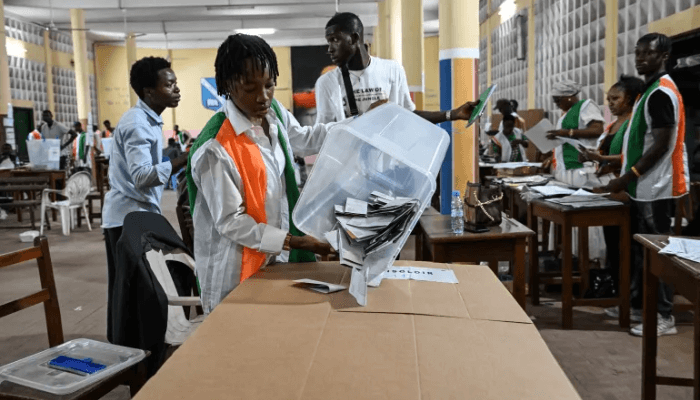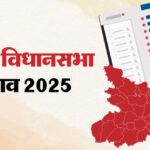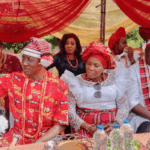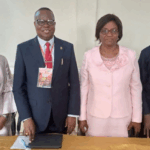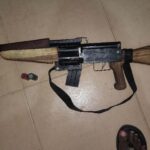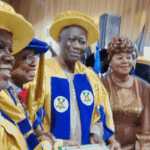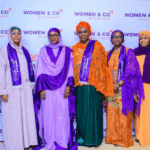An official of the Independent Electoral Commission (CEI) of Ivory Coast empties a ballot box while counting votes at the Notre-Dame College in the Plateau district of Abidjan on October 25, 2025. [AFP]
Voting has closed in Ivory Coast after a closely watched presidential election amid heavy security, political tension and a growing number of voters turning up late to vote. The outcome will determine whether the country extends Alassane Ouattara's long hold on power or opens the door to political change.
Approximately 9 million citizens were registered to vote in the country of approximately 32 million people. There was silence at the polling stations in the morning and many people feared that there would be a huge decline in turnout. Opposition parties had urged supporters to stay at home in protest of Ouattara's decision to seek a fourth term. By the evening, observers described growing queues and more active voters.
Also read: Tense elections in Ivory Coast, security forces flooded the streets
Al Jazeera's Ahmed Idris reported from Abidjan that initial indifference gave way to higher participation as the day progressed. Similar reports came from other regions, raising hopes that voter participation may exceed expectations.
The stakes are important. The winner will have to get an absolute majority of votes. If no one reaches that threshold, the top two candidates will face each other in the second round. Early projections show Ouattara is heavily favored to win, but official results are not expected until early next week.
Ouattara has ruled the world's leading cocoa producer since 2011 and is credited with helping restore stability and economic growth after years of conflict. His critics argue that political freedoms have diminished under his leadership and that his bid for another term ignores earlier promises to step down.
Also read: Ivory Coast's Ouattara seeks fourth term on economic record, critics condemn coronation Reuters
Tension has increased rapidly in recent times. On Monday, an independent electoral commission building was set on fire. Authorities have banned demonstrations and sentenced several dozen people to three years in prison for disturbing public order. Analysts have warned that the situation could worsen if the results are disputed or turnout is very low.
Ivory Coast has a troubled electoral history. The 2010 presidential election ended in a violent crisis that left at least 3,000 people dead after then-President Laurent Gbagbo refused to concede defeat to Ouattara.
Also read: Former first lady, Simone Gbagbo eyes power in cocoa-rich Ivory Coast
That trauma continues to shape the national mood. Many voters see peace as the first priority, even if they are frustrated by the political choices facing them.
As the ballots are counted, the country once again finds itself waiting. Opposition supporters call for a new beginning. Supporters of the government argue that stability should come first. The hope of many ordinary Ivorians is that this election will produce a clear result without the violence that has often followed elections in the past.

